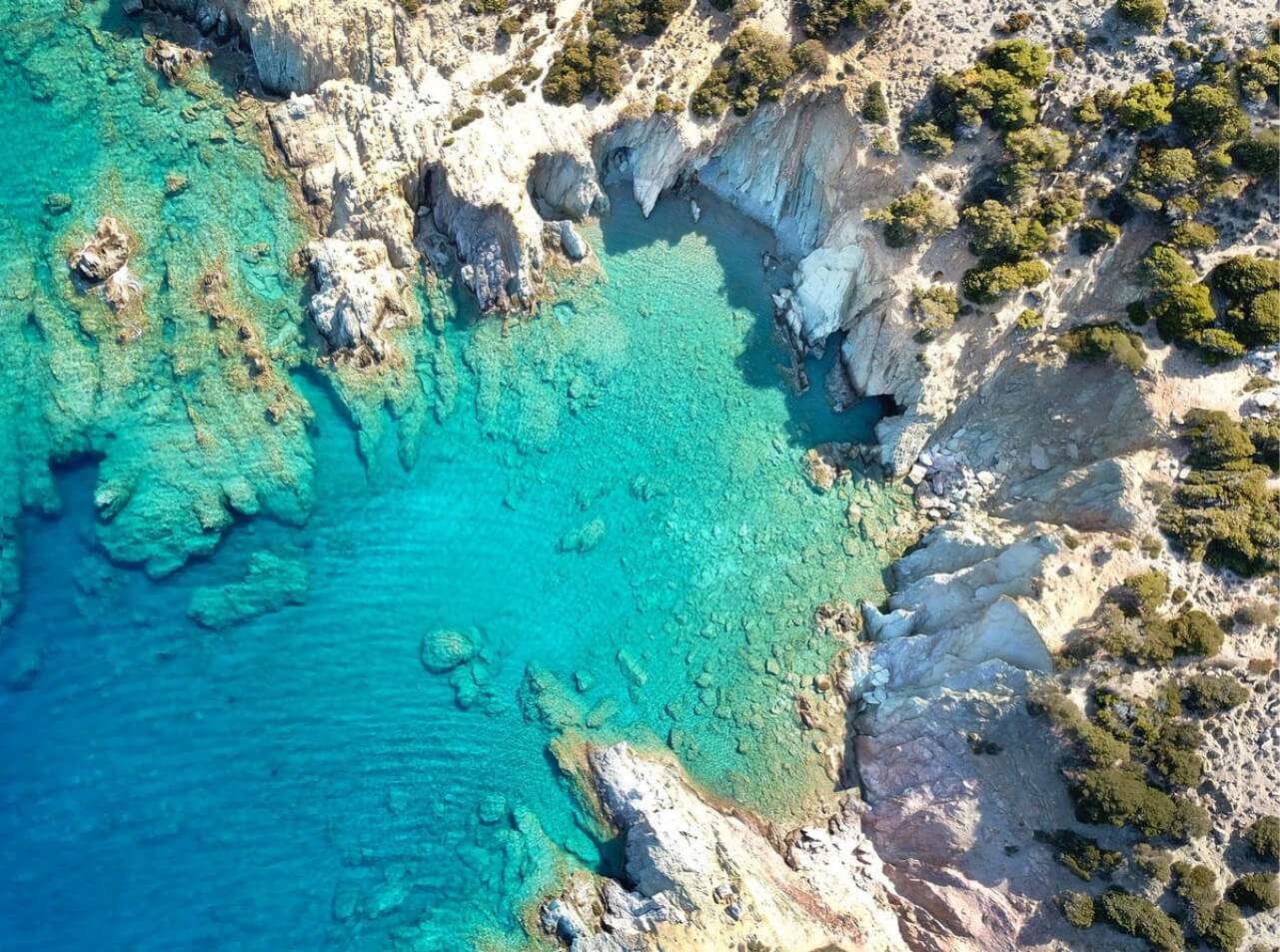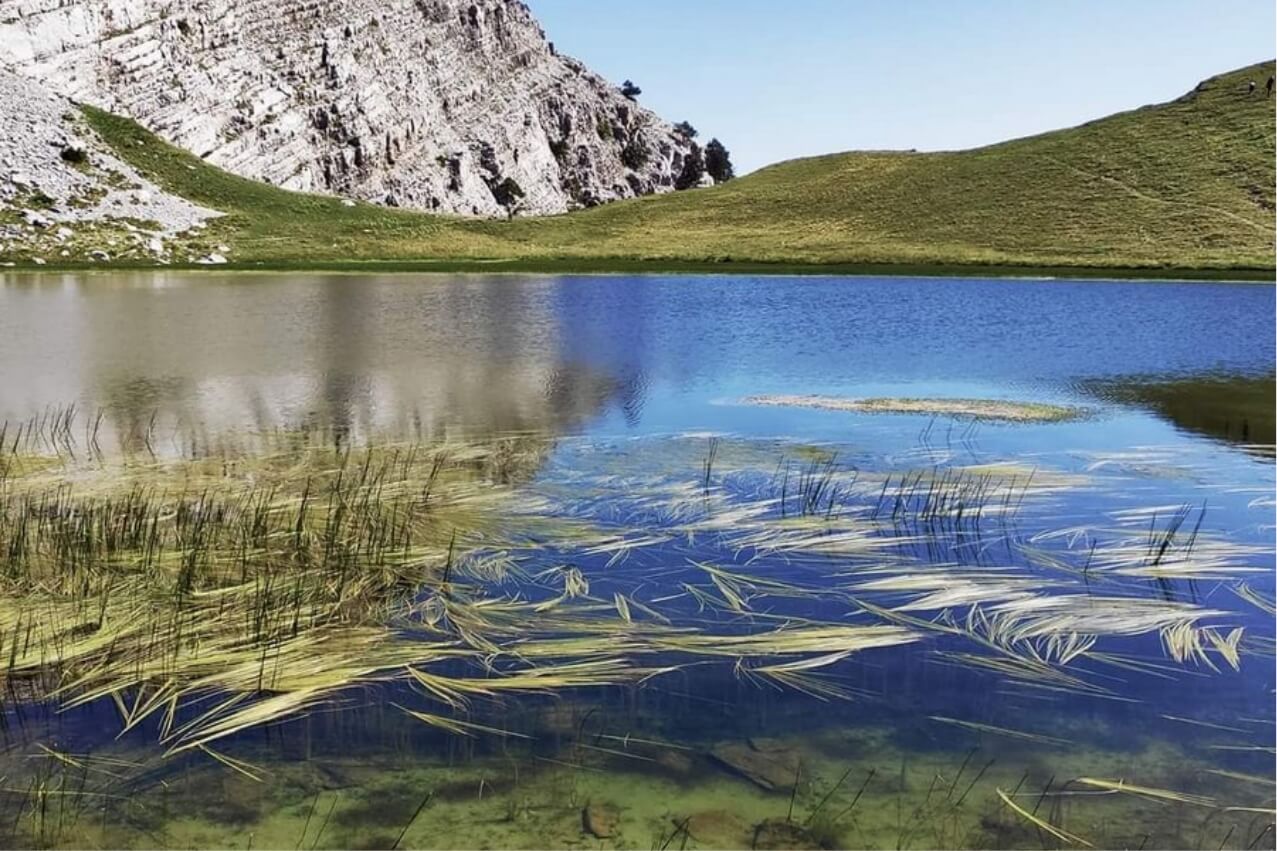Protected areas in Greece
Protected areas concern those that are primarily dedicated to the protection of the natural and cultural heritage and host the most unique, sensitive and valuable elements of our natural wealth.
These areas are governed by a special institutional regime based on national, European and international legislation.
For the effective protection of Greek nature, Greece has established national parks, wildlife refuges, protected landscapes and protected natural formations, while it has included areas in the Natura 2000 network (based on the Wildbirds’ Directive 2009/147 and Habitats’ Directive 1992 /43) and has also defined areas of protection based on international conventions.
The protected areas of Greece are divided into:
- Nationally Protected Areas
- European Protected Areas
- Internationally Protected Areas
Nationally Protected Areas
European Protected Areas – Natura 2000 Network
In Greece, the Natura 2000 network includes a total of 446 areas occupying terrestrial zones of more than 27% of the Greek territory and marine areas of more than 19%.
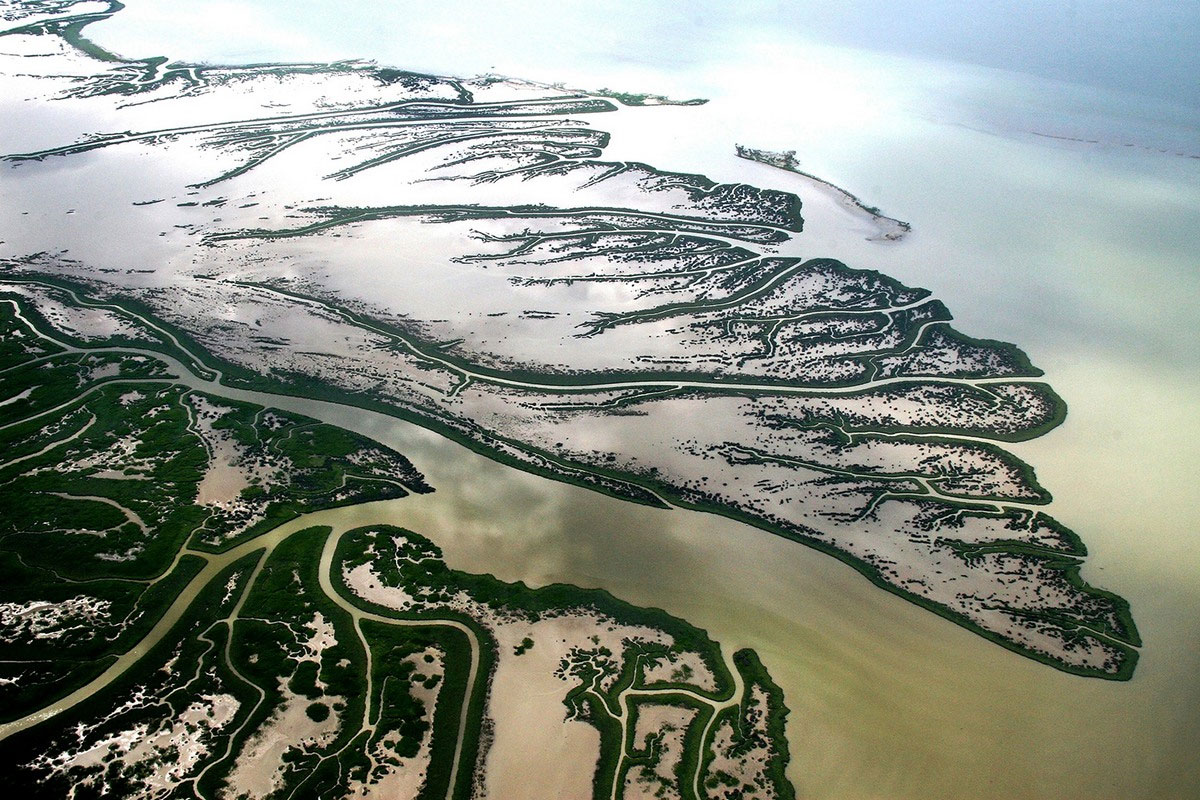 THESSALONIKI (GR1220002)
Panagiotis Economidis/ Click in nature/ LIFE-IP 4 NATURA
THESSALONIKI (GR1220002)
Panagiotis Economidis/ Click in nature/ LIFE-IP 4 NATURA
 PIERIA (GR1250001)
ATHANASIOS PALLAS/ Click in nature/ LIFE-IP 4 NATURA
PIERIA (GR1250001)
ATHANASIOS PALLAS/ Click in nature/ LIFE-IP 4 NATURA
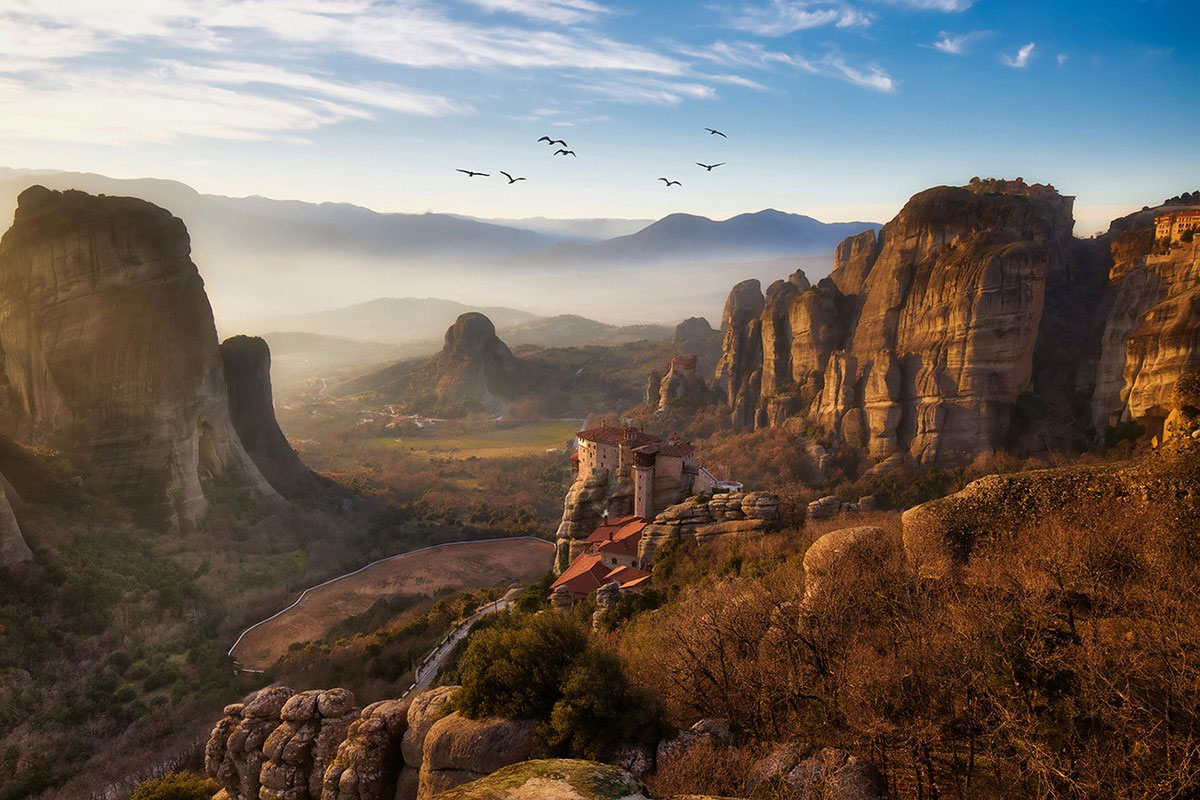 TRIKALA (GR1440003)
KONSTANTINOS LAGOS/ Click in nature/ LIFE-IP 4 NATURA
TRIKALA (GR1440003)
KONSTANTINOS LAGOS/ Click in nature/ LIFE-IP 4 NATURA
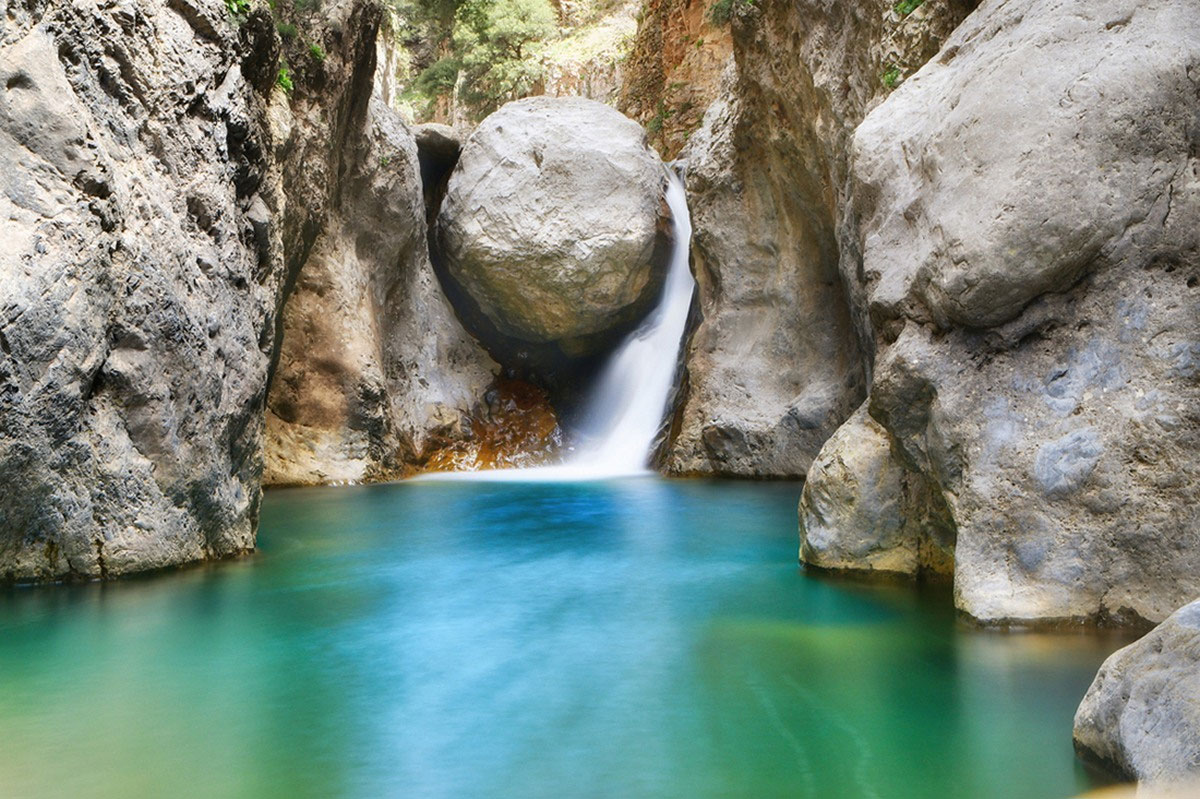 LASITHI (GR4320002)
ATHANASIOS KOLOTOUROS/ Click in nature/ LIFE-IP 4 NATURA
LASITHI (GR4320002)
ATHANASIOS KOLOTOUROS/ Click in nature/ LIFE-IP 4 NATURA
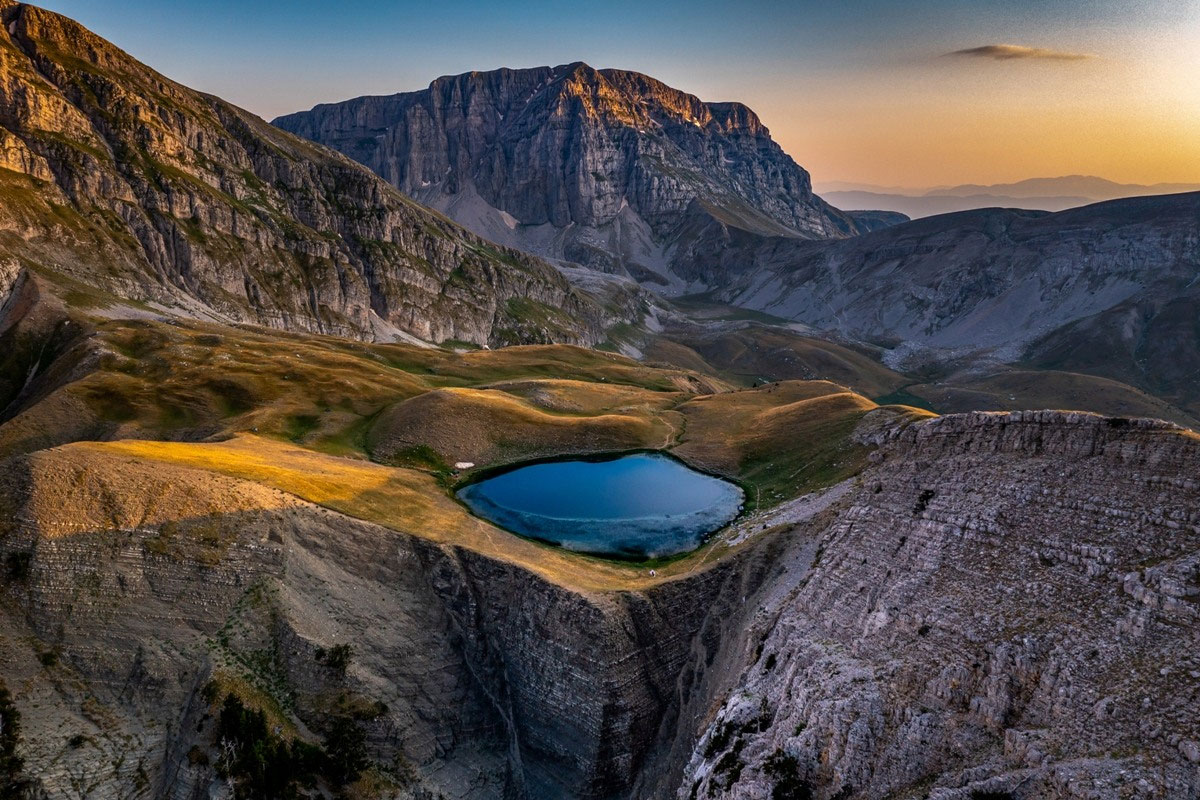 IOANNINA (GR2130009)
FOTIS KAFETSIS/ Click in nature/ LIFE-IP 4 NATURA
IOANNINA (GR2130009)
FOTIS KAFETSIS/ Click in nature/ LIFE-IP 4 NATURA
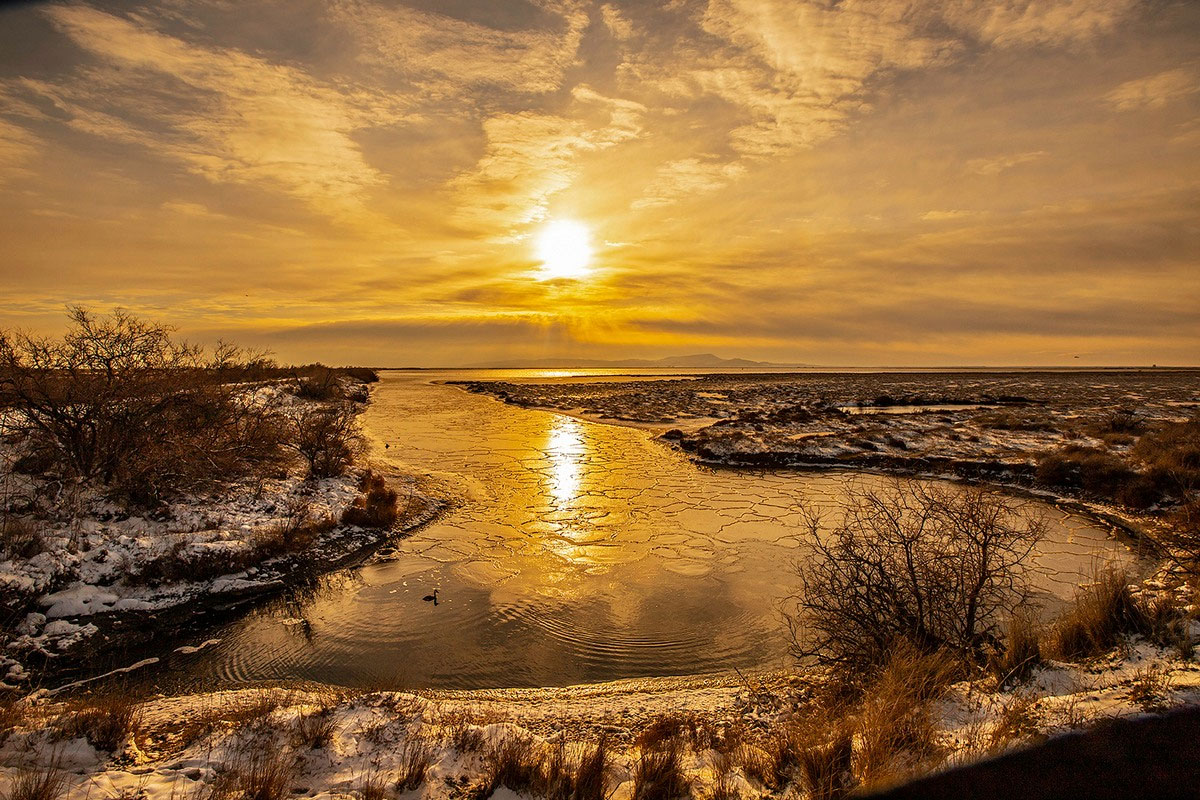 EVROS (GR1110006)
ATHANASIOS NALBANDIS/ Click in nature/ LIFE-IP 4 NATURA
EVROS (GR1110006)
ATHANASIOS NALBANDIS/ Click in nature/ LIFE-IP 4 NATURA
The Natura 2000 is not just a network of protected areas, instead it acknowledges that people and nature perform best when they work together, as many of the habitat types included in the network are directly dependent on the continuation of human activities.
Therefore, the Natura 2000 network areas do not lead to the exclusion of activities, as mistakenly believed by many, but aid to ensure their compatibility with the protection of valuable species and habitats, also having a significant economic impact.
Map EUROPEAN NATURA 2000 NETWORK Revised National List of NATURA 2000 AreasInternationally Protected Areas
Besides the national legislation, special obligations for the protection of nature derive from relevant International Conventions, which Greece has ratified also accruing from its participation in international organizations such as the Council of Europe and UNESCO. Internationally designated areas are Wetlands of International Importance included in the Ramsar Convention, World Heritage Sites (UNESCO), Biosphere Reserves (UNESCO, Man and the Biosphere), Specially Protected Areas (Barcelona Convention), Biogenetic Reserves (Council of Europe) and the Regions to which a Eurodiploma has been awarded (Council of Europe).
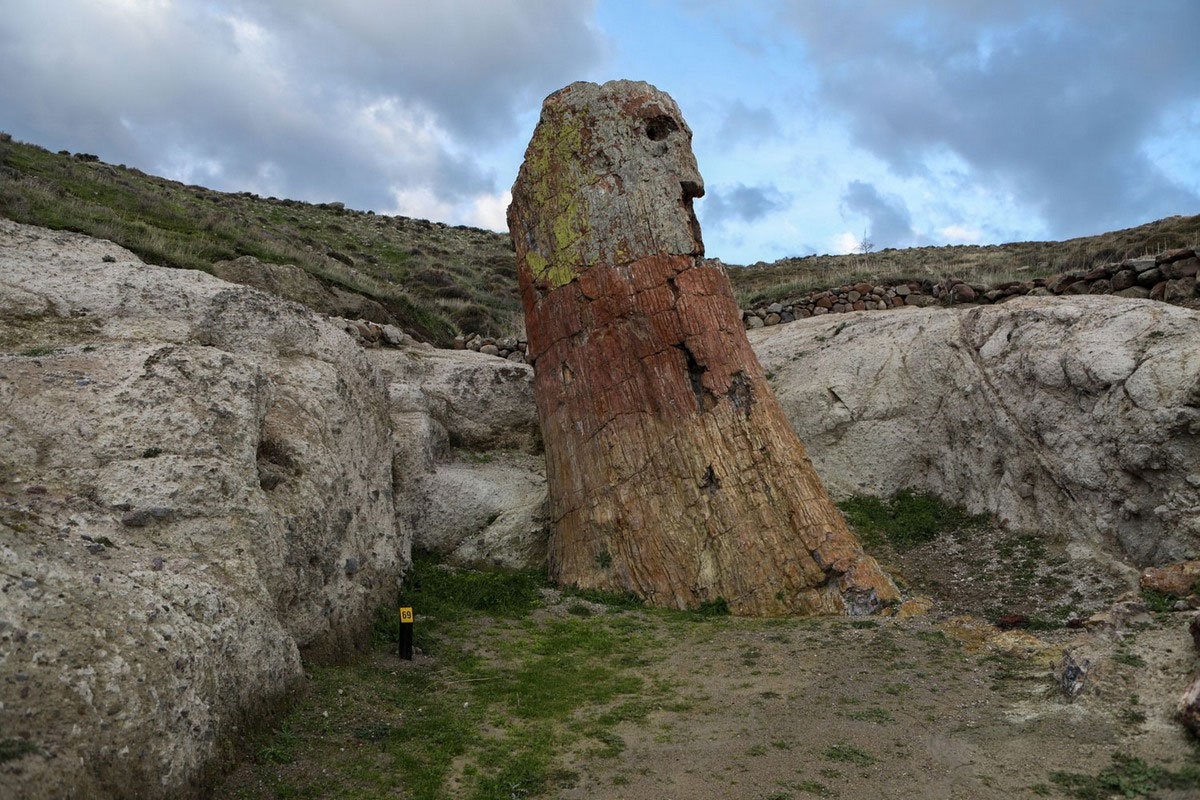 LESVOS (GR4110003)
ELIAS MARKOU/ Click in nature/ LIFE-IP 4 NATURA
LESVOS (GR4110003)
ELIAS MARKOU/ Click in nature/ LIFE-IP 4 NATURA
 EVROS (GR1110006)
SPIROS CHALASTRAS / Click in nature / LIFE IP 4 NATURA
EVROS (GR1110006)
SPIROS CHALASTRAS / Click in nature / LIFE IP 4 NATURA
 CHALKIDIKI (GR1270003)
DIMITRIOS PAGIANTZAS/ Click IN NATURE/ LIFE-IP 4 NATURA
CHALKIDIKI (GR1270003)
DIMITRIOS PAGIANTZAS/ Click IN NATURE/ LIFE-IP 4 NATURA
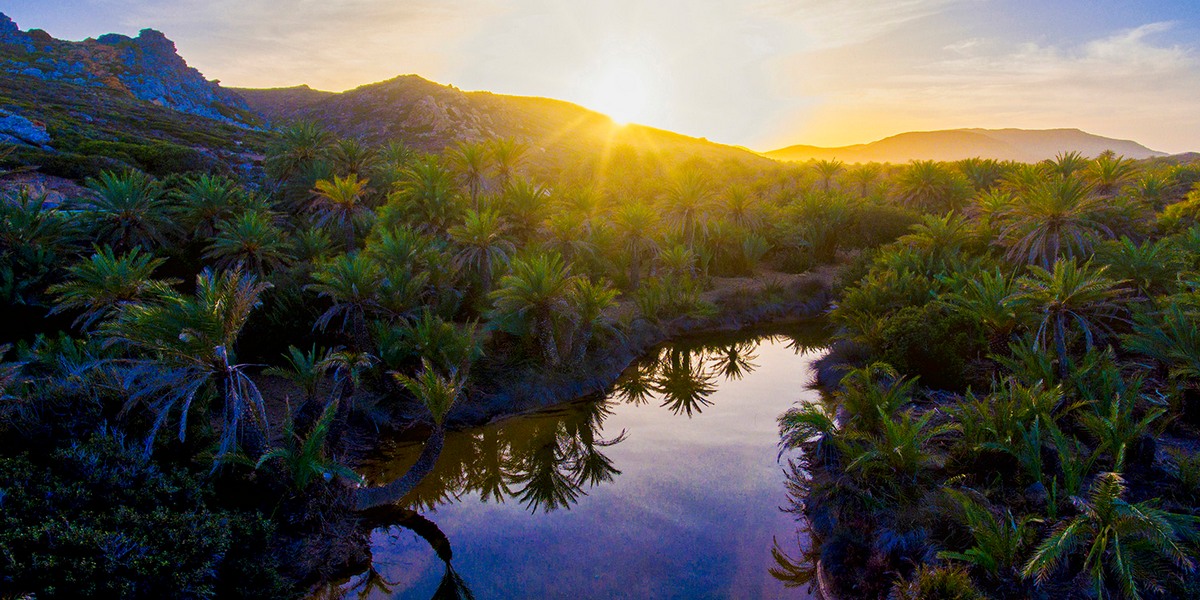 LASITHI (GR4340014)
MANOLIS TSANTAKIS / Click in nature/ LIFE-IP 4 NATURA
LASITHI (GR4340014)
MANOLIS TSANTAKIS / Click in nature/ LIFE-IP 4 NATURA
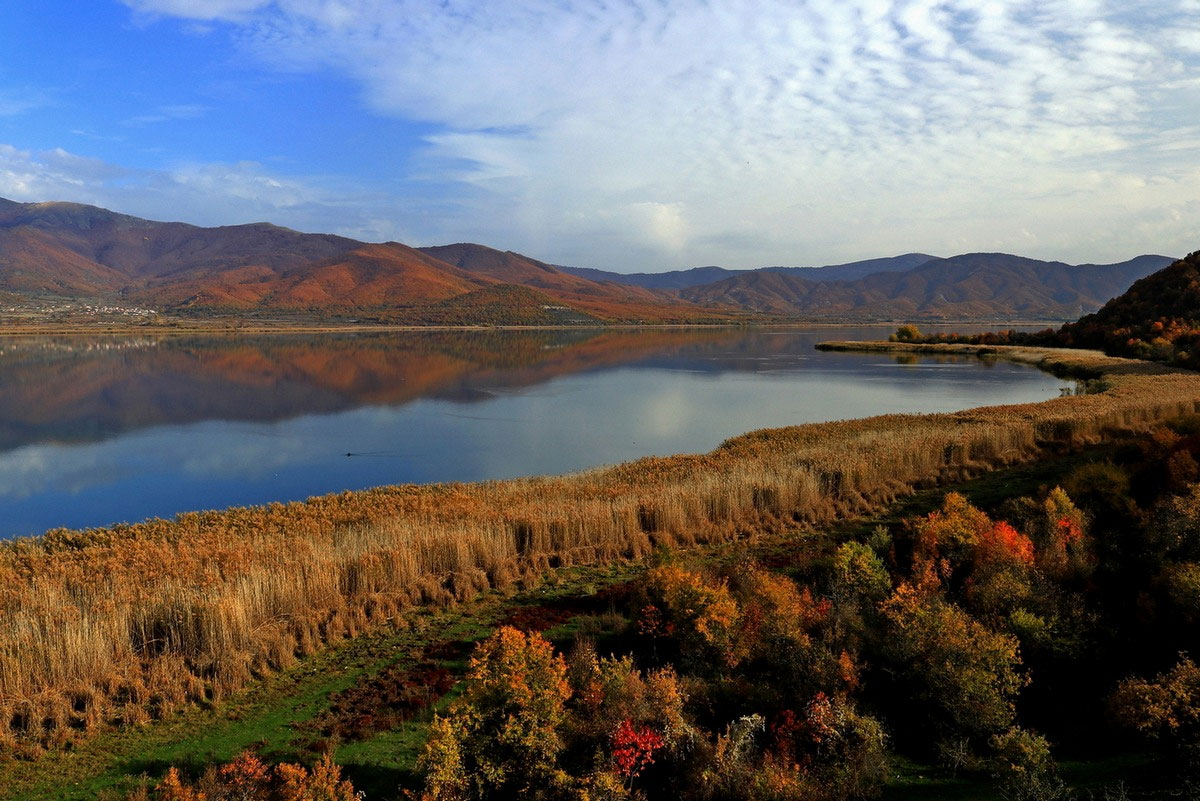 FLORINA (GR1340001)
DIMITRIOS LIOFIS/ Click IN NATURE/ LIFE-IP 4 NATURA
FLORINA (GR1340001)
DIMITRIOS LIOFIS/ Click IN NATURE/ LIFE-IP 4 NATURA
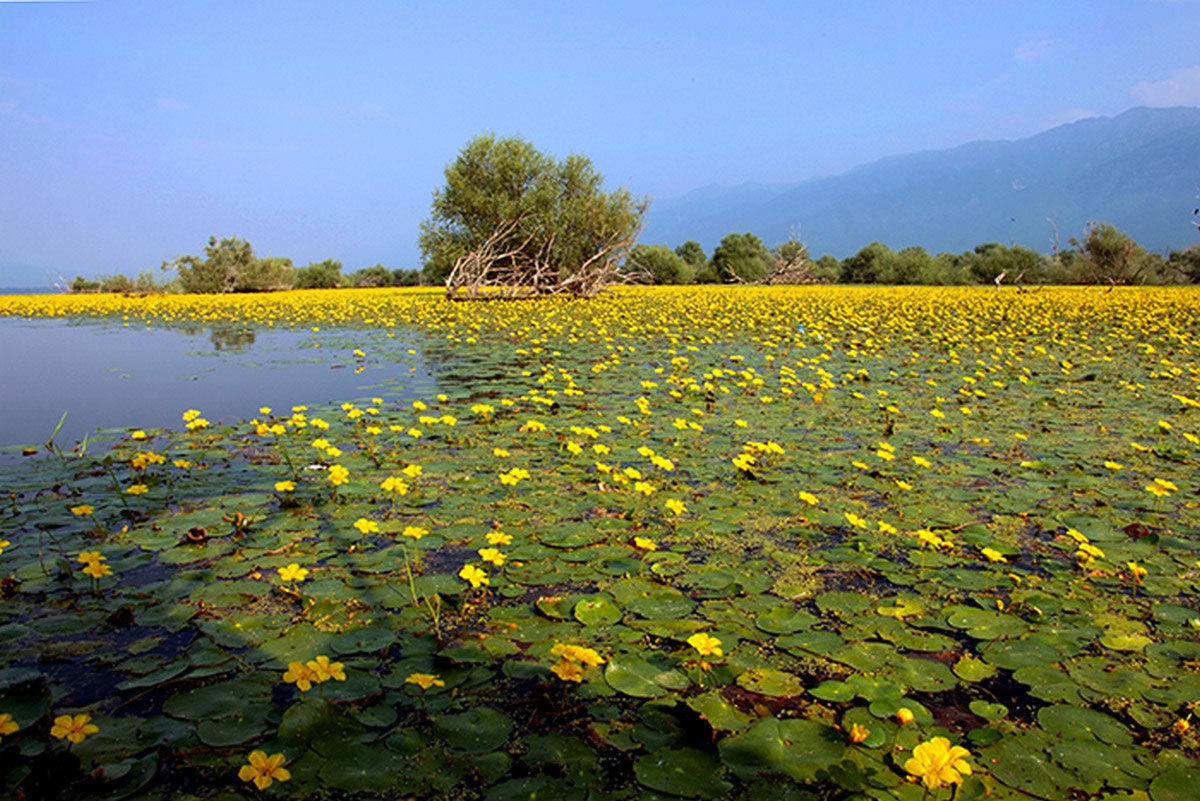 SERRES (GR1260008)
MICHALIS KONSTANTINIDIS/ Click in nature/ LIFE-IP 4 NATURA
SERRES (GR1260008)
MICHALIS KONSTANTINIDIS/ Click in nature/ LIFE-IP 4 NATURA
We respect and protect in every way the protected areas of our country as they constitute the protection net for Greece’s biodiversity and perhaps its last refuge.

